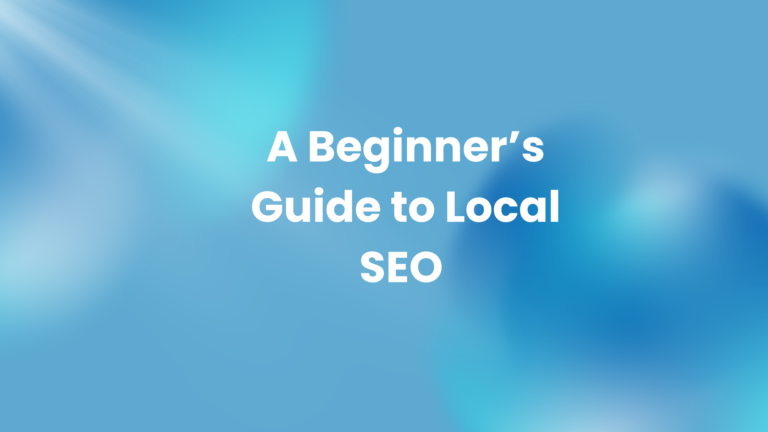Overloading Keywords: Why It Hurts Your SEO More Than It Helps
In the world of SEO, keywords are essential for driving traffic to your website. However, there’s a fine line between effective keyword usage and overloading your content with them. Keyword overloading, or “keyword stuffing,” can actually harm your SEO efforts instead of boosting your rankings. In this blog post, we’ll break down why overloading keywords is a bad idea and how to strike the right balance for optimal SEO performance.
What Is Keyword Overloading?
Keyword overloading occurs when you stuff too many keywords into your content in an attempt to manipulate search engine rankings. This can include repeating the same keyword phrase multiple times or using irrelevant keywords just to rank for them. While it may seem like a clever strategy, search engines like Google have evolved to penalize this behavior.
For example, instead of improving your ranking, overloading keywords might result in your content being flagged as spammy, which can lead to lower visibility on search engine results pages (SERPs). Search engines prioritize user experience, so stuffing content with unnatural keyword usage can be a red flag.
Why Overloading Keywords Hurts Your SEO
While it might feel tempting to pack your content with keywords, it’s important to remember that search engines are smarter than ever before. Algorithms are designed to prioritize content that provides value and flows naturally. Here are a few reasons why keyword overloading is counterproductive:
- Poor User Experience
A user-friendly website is key to retaining visitors. When content is cluttered with keywords, it becomes harder to read and understand, resulting in a frustrating experience. Users are more likely to leave your site quickly, which can increase your bounce rate and negatively impact your SEO. Instead, focus on creating informative and engaging content that naturally incorporates keywords. - Search Engine Penalties
Over the years, Google has become more adept at recognizing keyword stuffing. As part of its Panda update, Google started penalizing websites that overuse keywords. If your website is hit with a penalty, you could see a significant drop in your organic rankings, making it harder for potential customers to find you. - Reduced Credibility
Businesses that rely too heavily on keyword stuffing often come across as inauthentic or desperate for attention. This can harm your brand’s reputation. Quality, relevant content is more likely to build trust with your audience than keyword-packed sentences that don’t make sense.
How to Use Keywords the Right Way
Rather than overloading keywords, there are more effective ways to use them that align with search engine guidelines. Here are some tips to help you achieve optimal keyword usage:
- Focus on Relevance
Only use keywords that are relevant to your content and your target audience. This ensures that the right people find your website, leading to more qualified leads. - Natural Incorporation
Integrate your keywords naturally throughout your content. They should flow with the text and not feel forced. Try to include them in your headings, subheadings, and meta descriptions, but avoid cramming them into every sentence. - Latent Semantic Indexing (LSI) Keywords
LSI keywords are related terms that help search engines understand the context of your content. Incorporating these can improve your SEO without overstuffing your primary keywords. For example, if you’re writing about “plumbing leads,” terms like “plumbing business growth” or “generate leads for plumbers” could enhance your content without overloading it.
If you’re unsure how to strike this balance, companies like Justified Media specialize in helping small businesses develop high-performing websites with SEO strategies that work. Learn more about optimizing your site by checking out this blog post on how to grow your plumbing business.
Conclusion
Keyword overloading is a thing of the past, and continuing to use outdated tactics could actually hinder your SEO performance. Instead, focus on crafting content that provides value to your audience while incorporating keywords naturally. Search engines reward quality content that enhances user experience and aligns with search intent. By following best practices, your website will not only rank higher but also attract and engage the right visitors. Let us help you craft compelling content that capture attention without stuffing redundant keywords.








